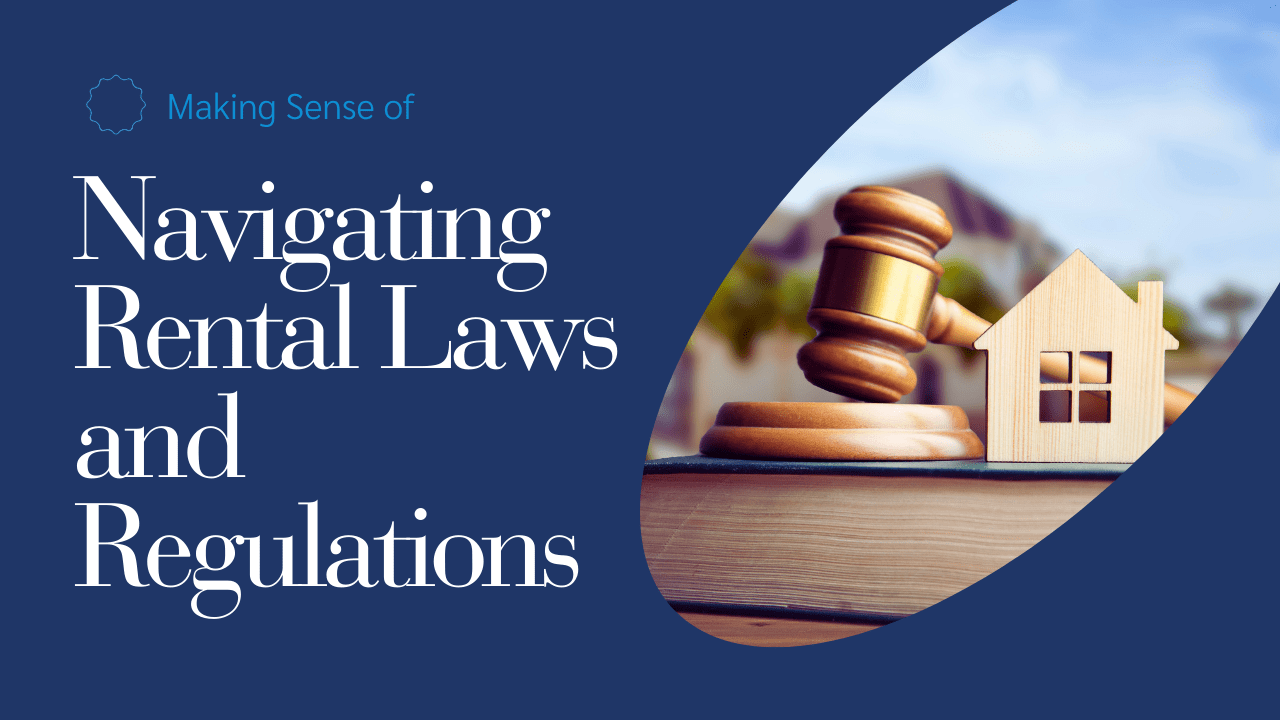The Sacramento rental market has seen an increase in demand for well-maintained rental properties, and that’s drawing a lot of investors to the area. Whether you’re an experienced real estate investor or buying a rental home for the first time, it’s essential that you become familiar with the rental laws and regulations in Sacramento and throughout the state.
California has some of the fiercest resident protections in the country. When you rent out a property, you’re required to understand and comply with fair housing laws, habitability standards, security deposit regulations, and tight restrictions around rent control and eviction.
You need to know, understand, and follow these laws to avoid complicated lawsuits and expensive penalties.
Let’s take a look at the most important rental laws and regulations you need to understand when renting out a home in Sacramento.
State and Federal Fair Housing Laws
Fair housing laws start at the federal level, and they prohibit discrimination in housing against applicants and residents based on race, color, sex, religion, familial status, national origin, and disability.
California fair housing laws go even further. When you’re marketing a rental home, screening residents, or leasing a home, you cannot discriminate based on the above federal classes or the following state protected classes:
Ancestry
Gender or gender identity or gender expression
Sexual orientation
Source of income
Marital status
Familial status
Genetic information
Disability, mental or physical
Age
Immigration status
Military or veteran status
Citizenship
Primary language
Race
Color
Religion
As a real estate investor, you must treat all residents and applicants equally, and you cannot deny a rental property to anyone based on these characteristics.
Here’s an example: if a potential resident is otherwise qualified to rent your property and their source of income includes Section 8 housing vouchers, you must consider their application.
Habitability Standards in Sacramento Rental Homes
It’s the responsibility of a rental property owner to ensure the rental property is safe and habitable for residents. Sacramento has health and safety codes and the state of California has habitability standards which need your attention. They outline specific requirements such as access to adequate heating, electricity, ventilation, pest control, and hot water.
Obviously, you want to do more than the bare minimum that the law requires. The better maintained and updated your rental home is, the higher your rental values will be and the happier your residents will be living there.
California Security Deposits
Don’t rent out a home without understanding the rules, requirements, and timelines around security deposits. There are limits to what you can collect; the equivalent of two months’ rent for an unfurnished home, and the equivalent of three months’ rent for a furnished home.
At the end of the lease term, when a resident moves out, you will have 21 days from that move-out date to return the security deposit. If you’re withholding any of that to pay for damages, cleaning, or unpaid rent, you’ll need to send an itemized list of what was withheld and why.
Rent Control and Just Cause Eviction Laws
 The Tenant Protection Act of 2019 went into effect on January 1, 2020. This establishes statewide rent control for applicable properties. If you’re renting out a single-family home or a unit in a building that’s fewer than 15 years old, you are likely exempt from the rent control and just cause eviction laws that this law mandates. However, your lease agreement must reference that exemption. Otherwise, you are no longer exempt.
The Tenant Protection Act of 2019 went into effect on January 1, 2020. This establishes statewide rent control for applicable properties. If you’re renting out a single-family home or a unit in a building that’s fewer than 15 years old, you are likely exempt from the rent control and just cause eviction laws that this law mandates. However, your lease agreement must reference that exemption. Otherwise, you are no longer exempt.
The amount that you are legally permitted to raise rent changes every year, based on the Consumer Price Index (CPI). You’ll never be able to increase the rent more than 10 percent.
When it comes to evictions, you’ll need a just cause reason to remove your resident. This is usually nonpayment of rent, a gross lease violation, or criminal activity occurring in your rental property. Make sure you understand the law. Consult a Sacramento property manager or an attorney before you evict.
Navigating rental laws and regulations in Sacramento requires a lot of keeping up with legal changes. This is a lot. Working with a Sacramento property manager can relieve you from the obligation to know all of the rental laws and their consequences.
We’ll keep you compliant. Contact our team at PURE Property Management.











